The cost of inaction
I was working on a project with Peter Cook a few years ago (I talk about him a lot, I know), and at some point I got a little… inactive, shall we say.
It’s possible I was being a perfectionist. It’s also possible I was just being lazy. On reflection, what’s most likely is that I was being a lazy perfectionist who had run out of energy for the project. Which is to say, despite the fact that I had done by far the majority of the work required to complete the project (it was a new video marketing strategy; I’d filmed all the segments, edited them together, written half the email campaign, etc) I just hadn’t got it over the line to the point it was ready to use. And there it sat.
For months.
Finally, Pete helped snap me out of my malaise. He said something to the effect of “Whatever you’ve done so far, I’m sure it’s good enough. Just do whatever you can in a day to finish it off and publish it”.
With his encouragement, I managed to dispel my procrastination gene just long enough to write a couple more bits of email content, load the whole thing into our CRM, and press <publish>. It took about three hours.
Once in place, the new strategy consistently added about $30K per month in revenue, and continued to serve us well for a number of years. I remember feeling a confusing combination of both pride and stupidity. I was happy for the obvious reason that the piece of work was paying big dividends, stupid for the fact that I left it three-hours-from-finished for months on end, effectively costing us $100K plus.
It’s the most obvious and easily quantifiable case of the cost of inaction in my professional life. What’s frightening to consider is the cost of all the other inaction that I’ve been guilty of over the last 20 years. It’s a rabbit hole I dare not explore too deeply, quite frankly.
In any event, my intention is not to unravel my own psychology, nor yours. I rarely dwell in the past for long anyway. I just want to remind both of us of the potential costs of our inaction today.
The most expensive thing you can do on any given day is nothing.
(Important distinction: relaxing, self care, recreation, and all activities of that nature are definitely not nothing).
If you’re playing along with my “an essay per day in October” thread, yesterday you’ll have learned (or been reminded) of the relationship between the words decide and homicide. Decisions kill possible futures, but they don’t create the future. The future is created when your decisions inform your actions and you actually do something.
I love this tweet from James Clear (curator of one of the highest signal self-improvement Twitter feeds on the planet), and perhaps you could argue that the entire first week of my daily-essays quest has been focused on point one. We need to take lots of shots. In practice, that means make a decision, then take action. Rarely will delaying action (usually under the guise of ‘seeking clarity’) actually improve the quality of the shot we eventually take.
When the mathematics of the universe plays out, having a bias for action is a superpower. Cultivate it however you can.
Photo by freestocks on Unsplash


